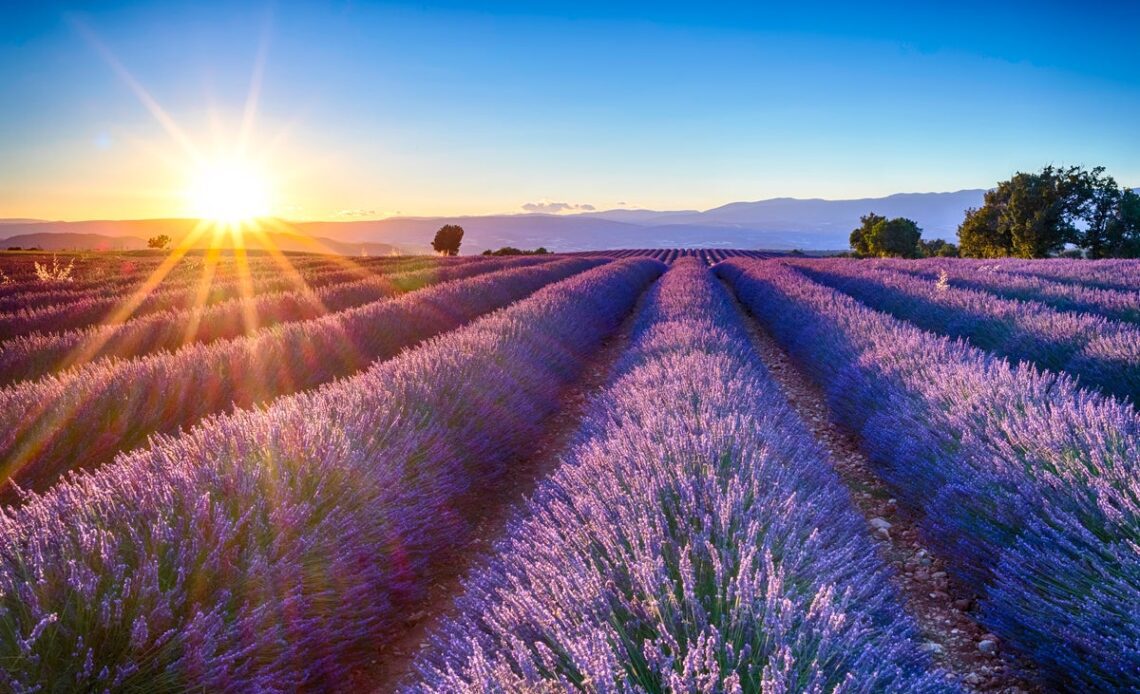France is huge and varied – perhaps that’s why it’s been the world’s most popular holiday destination for years. It boasts a diverse and beautiful landscape, plenty of space, excellent food and drink, good weather (depending on where you go) and its people have an infectious passion for art, culture, heritage and tradition.
Talking of infectious passion, there’s a romance about France and its language, and an intensity and emotion in its people, that can make us Brits feel a little prudish. The French seem to value things we used to value – the things we would still value if we only had the time and hadn’t fallen foul of fast-food, convenience-driven lifestyles. They think nothing of sweating onions for four hours to make the perfect pissaladière. They shut their shops on Sundays (and often Mondays). They are happy with ugly fruit and veg because it tastes better, and they buy fresh bread twice a day. They kiss hello, sometimes four times, and are openly affectionate. In public.
France, then, is an intoxicating mix of familiar and foreign and its proximity is another big draw, now the days of carbon footprints are top of mind when booking holidays.
Current travel restrictions and entry requirements
Fully vaccinated travellers need to present proof of their vaccination status, available in the NHS app. Fully vaccinated means the full course of the initial vaccine, plus a booster if the last dose was over nine months ago.
If you’re not fully vaccinated, you can enter by showing a recent certificate of recovery, or a negative test result from within 48 hours (antigen) or 72 hours (PCR) of departure. Children under 12 are totally exempt and under 18s don’t need boosters.
In France, everyone over 11 years old must wear a mask on public transport and in hospitals.
Best time to go
France is a popular destination for British families, so if you can, try to plan your trips outside both the UK and French school breaks, particularly for ski trips and summer holidays to the south.
Summer is a great time to visit the north, particularly those huge empty beaches, but you’re taking your chances with the British-style weather.
There are lots of fetes and festivals across the country during the summer – the big national celebration is Bastille Day on 14 July – but there are quirky carnivals during the spring months too. Try the Dunkirk Carnival in March to see a whirlwind of fancy dress and chaotic herring throwing!
Top regions and cities
Normandy…
Click Here to Read the Full Original Article at The Independent Travel…
